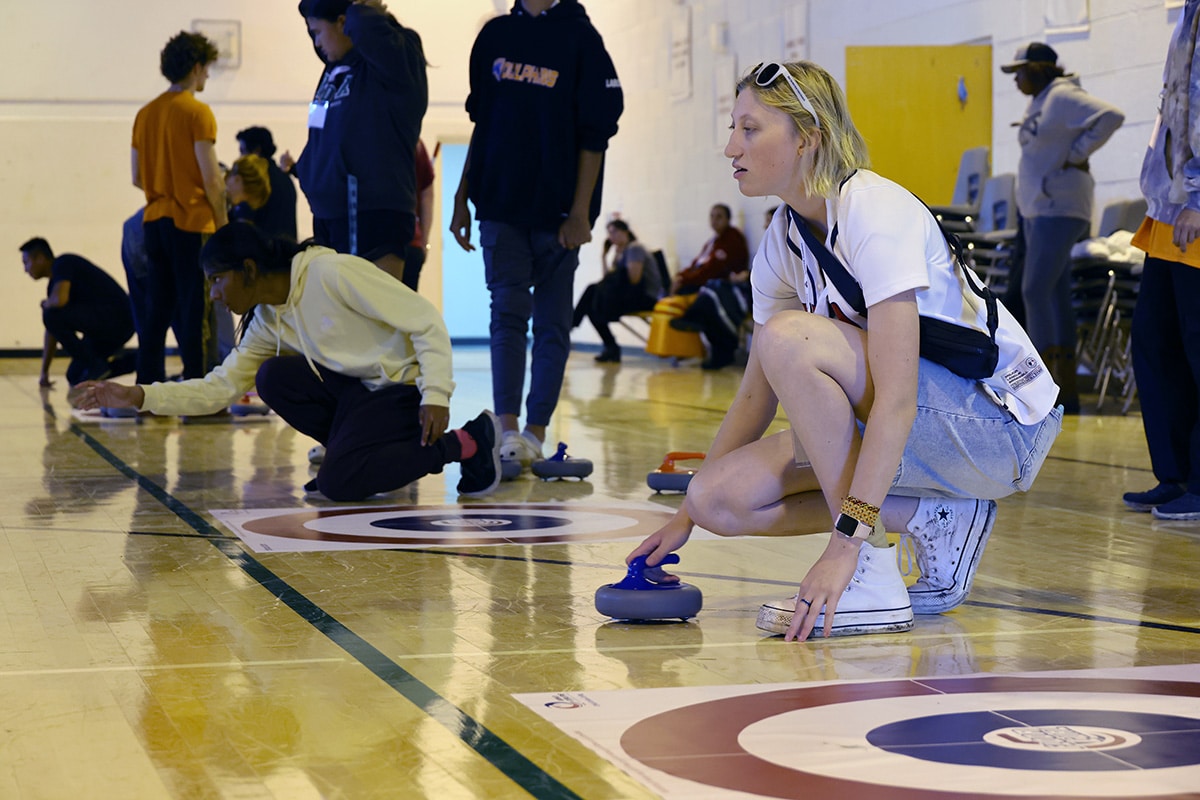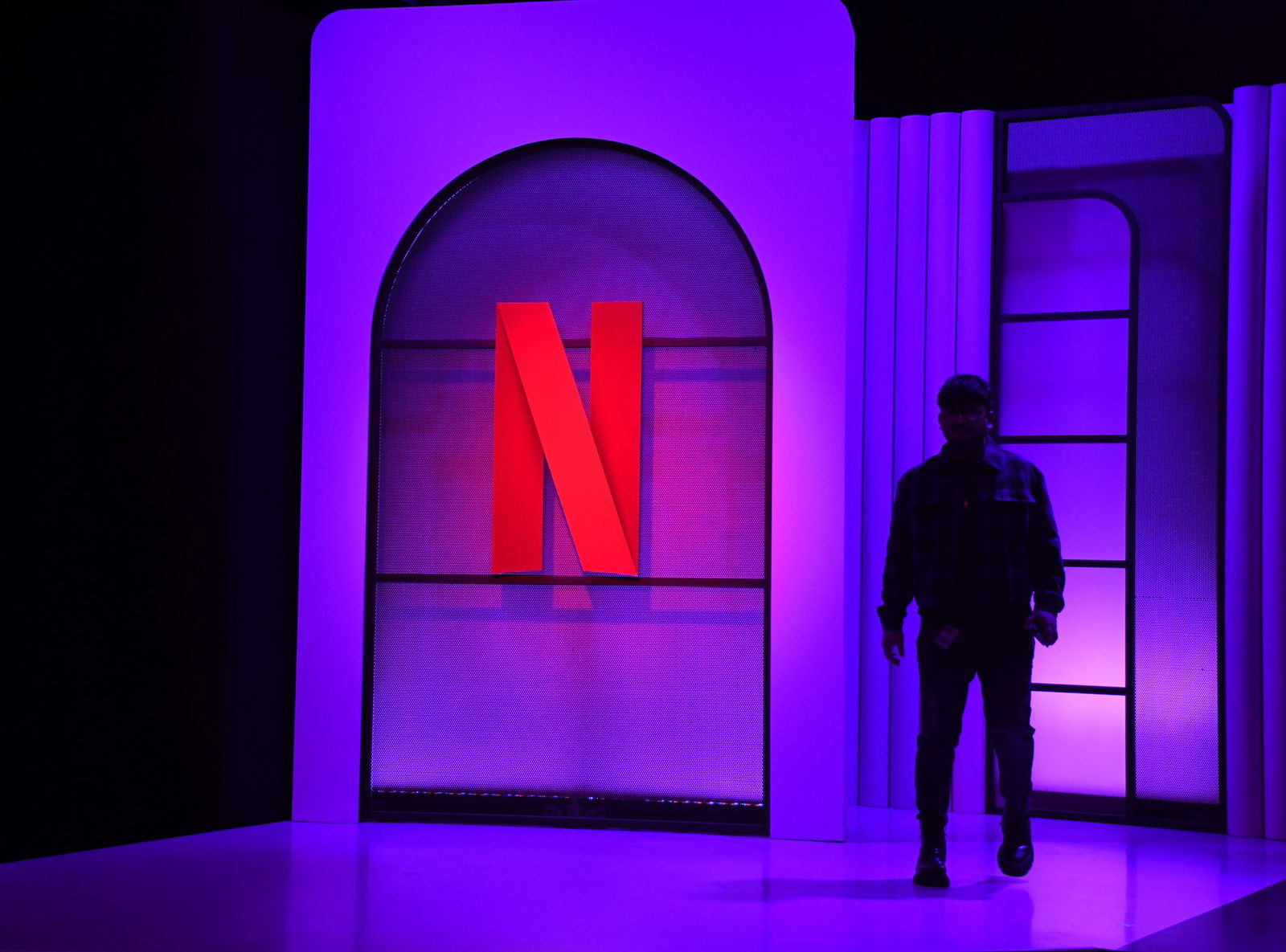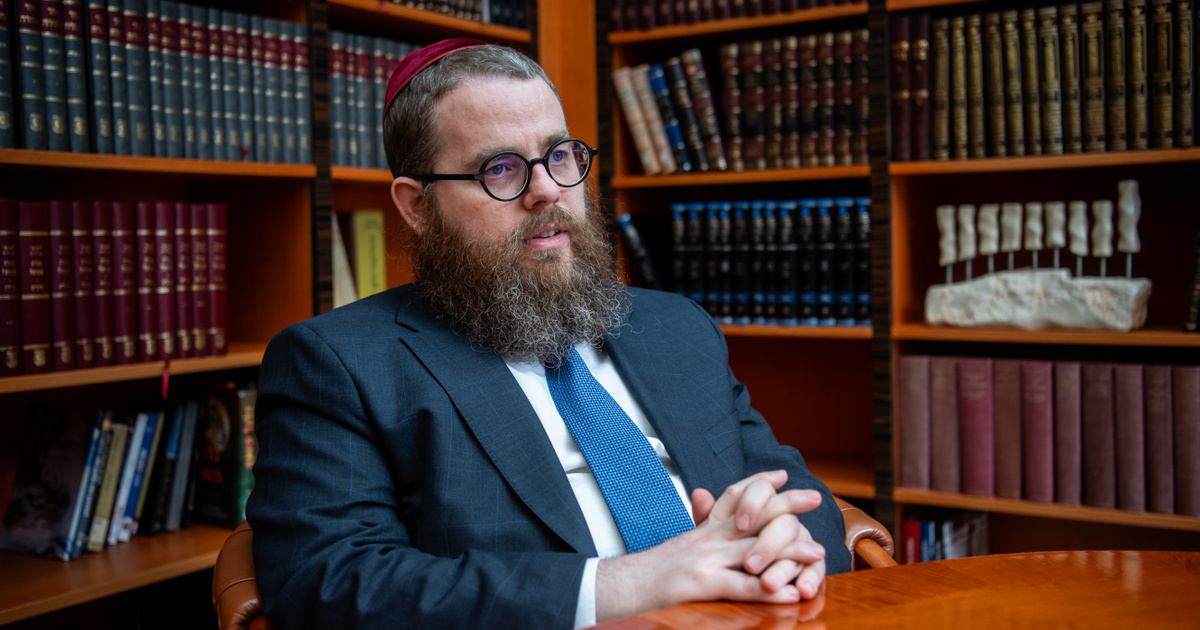The local cybersecurity profession returns October 11-12 Collecting In the Groupama Arena to reflect on the future, risks, uses and implications of artificial intelligence (AI). The latter will be discussed by Slomo Koves, chief rabbi of the United Israel-Hungarian Congregation, and Andras Hodasz, a lay Catholic priest, journalist and social media actor.
The speech promises to be exciting, as there have already been attempts to use artificial intelligence in churches. Even by examining the text of the Bible using the text analysis software GPTZero, which proved that the Bible was written by artificial intelligence with 88 percent certainty. But what is even more strange is that in February at the Ecumenical Council in Domus, the artificial intelligence composed the sermon, which also wrote a prayer at the end, the central idea of which was “Anyone can be an intermediary of God’s message.” Could it really be anyone? And in Japan, even a Buddhist robot priest. But in other places, modern technology is also used in church service, for example, a parish priest in Texas is gathering his followers on TikTok.
Slomo Koves is also interested in the philosophical part of artificial intelligence: can it become conscious, if so, when will it be considered an object, and what does it teach us about human existence? The big question is whether religion allows its use, and whether it can replace actors in religion. Koves says that according to the Jewish religion, God created a world that was inherently imperfect,
Let man be a partner in creation!
Judaism is both conservative and progressive, and believes that man’s mission is also to improve the world, and technology can contribute greatly to this, which of course has its own risks, but takes the world in a positive direction.
It can be a tool for perfecting the world and existence, and it can be put at the service of God.
The big question, if this can happen, is whether it will question human sovereignty, says leading rabbi on AI awakening self-awareness. But for him, the chance of that is slim at the present time, as self-awareness is not a function of intelligence. It is linked to emotions, will, morals, conscience, and the search for truth, and this is not the case. The field of artificial intelligence.
As Koves explains, the artificial being is not an entirely new idea in Judaism, as there was the golem, a creature molded from clay or sand that is an integral part of folklore. It cannot speak, and has no goals, but it can understand basic commands and finally… You can drive a car.
For his part, the rabbi sees AI as useful and plans to create an AI-powered rabbi. He will be discussing the details with András Hodász at this year’s ITBN conference, and it will be worth hearing from him!


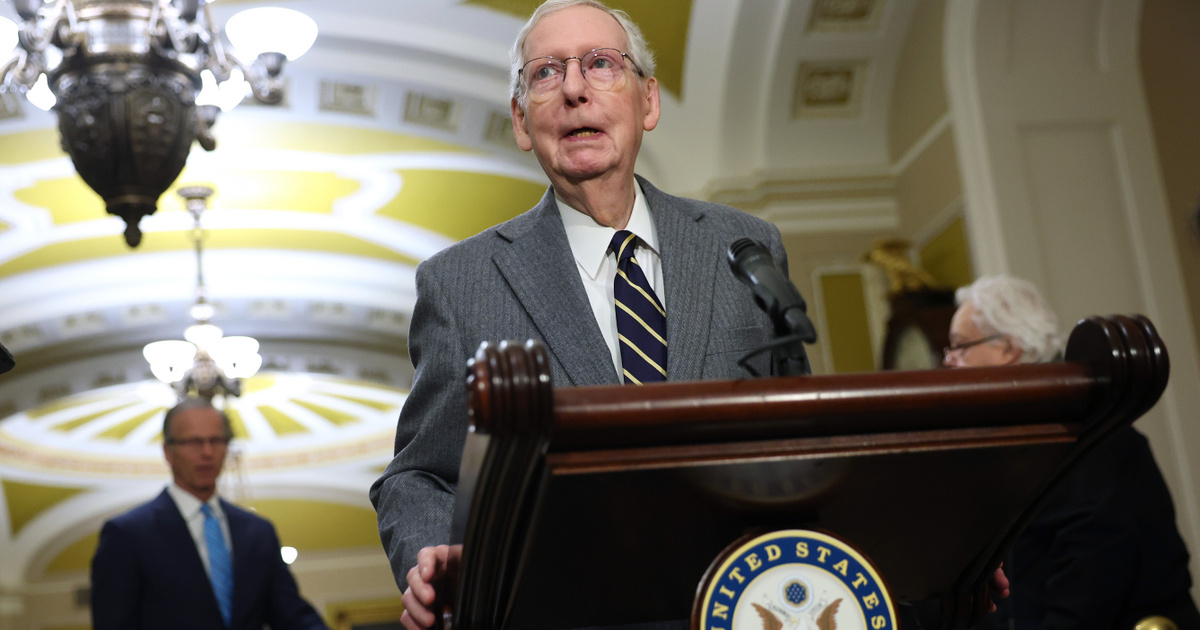
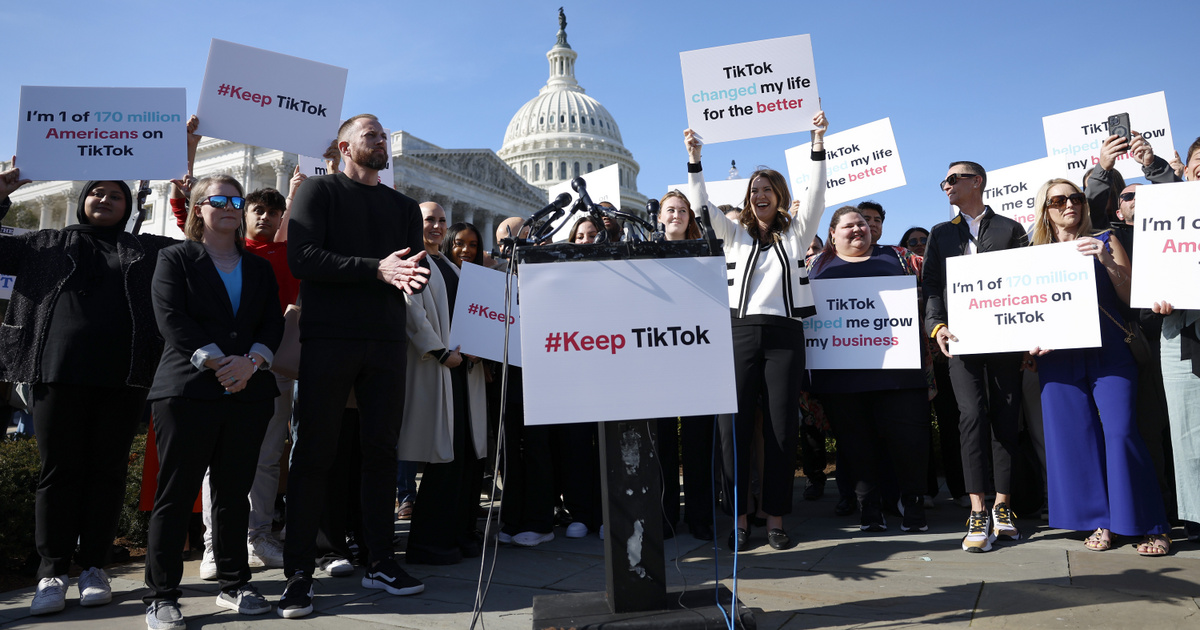

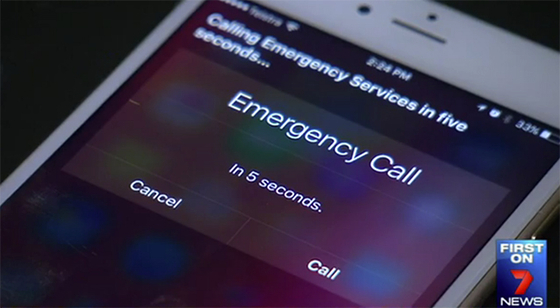








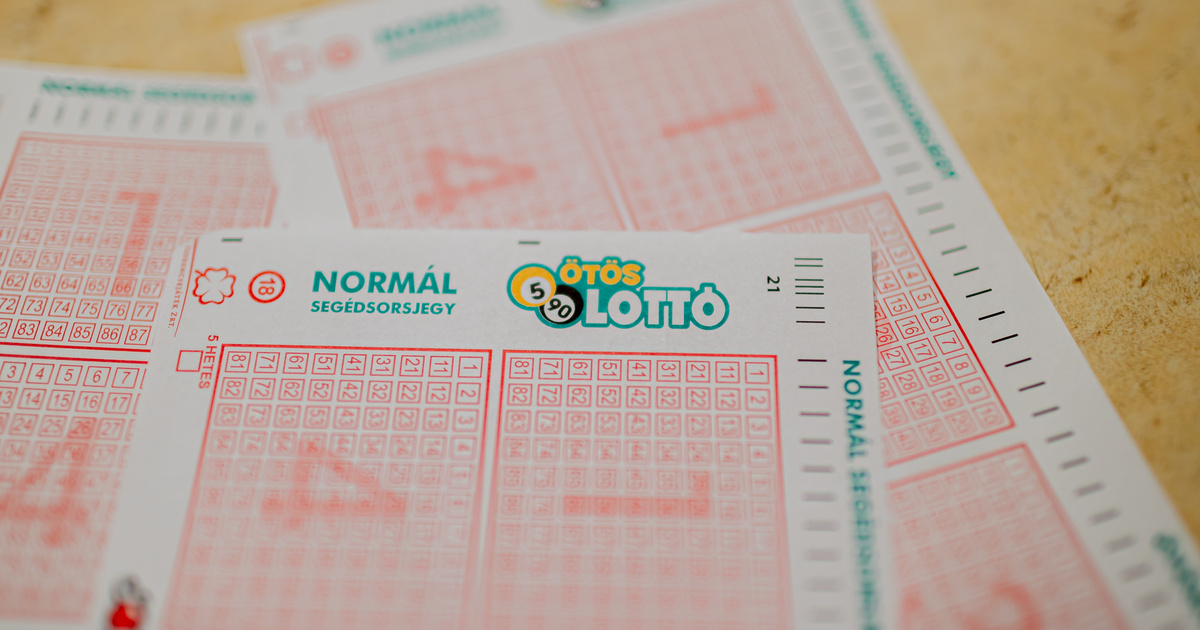



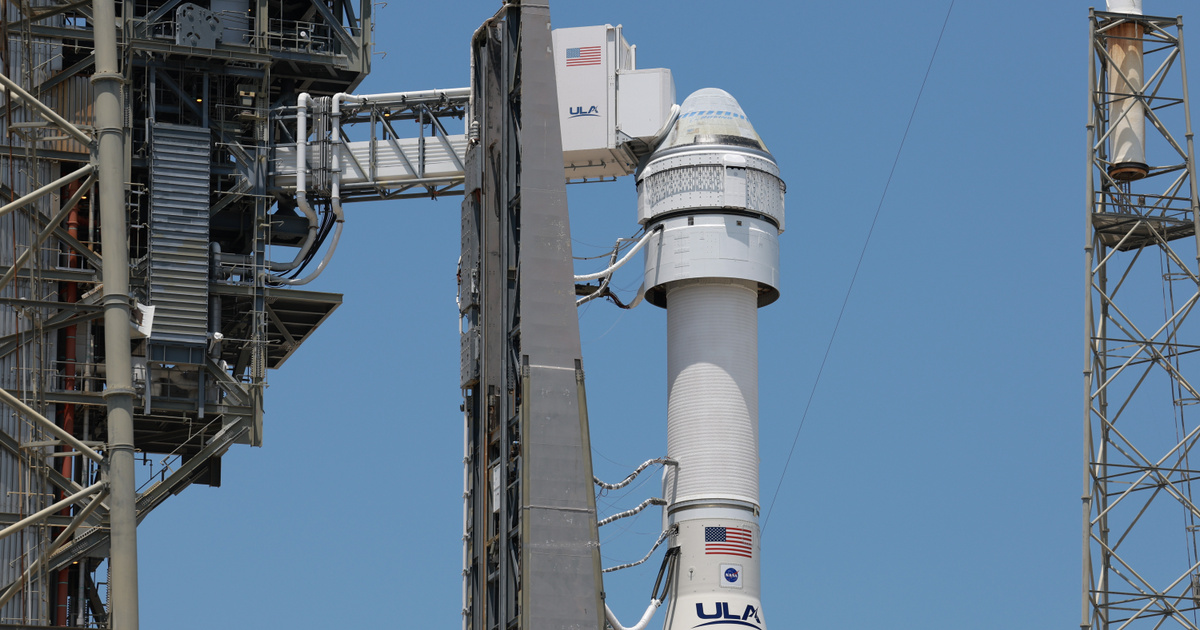
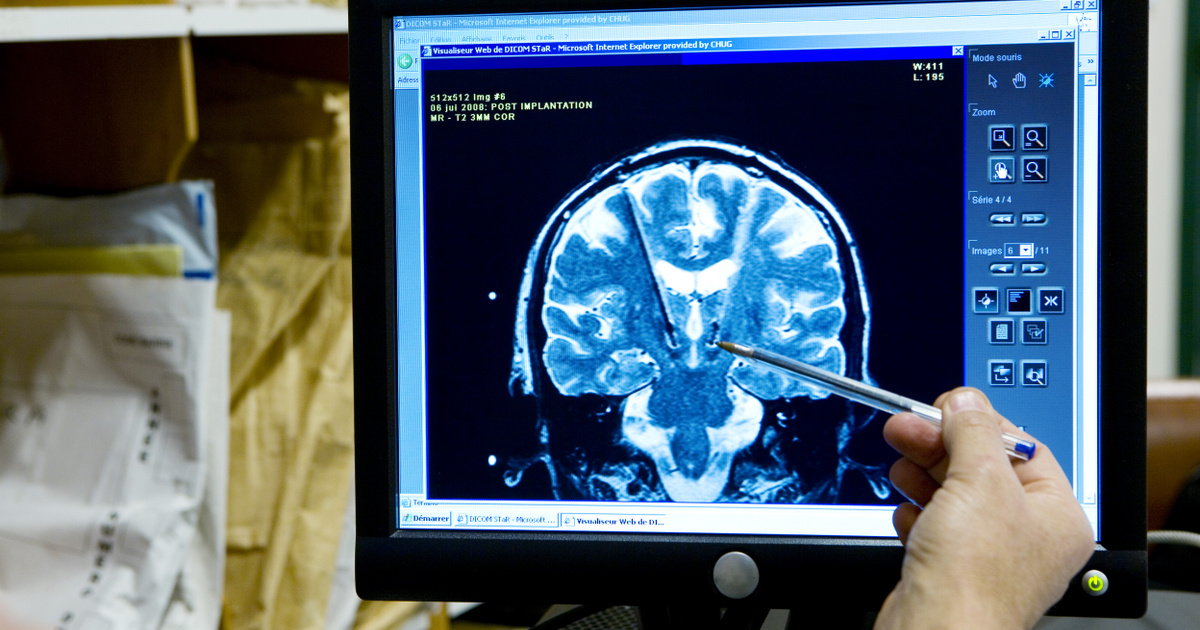
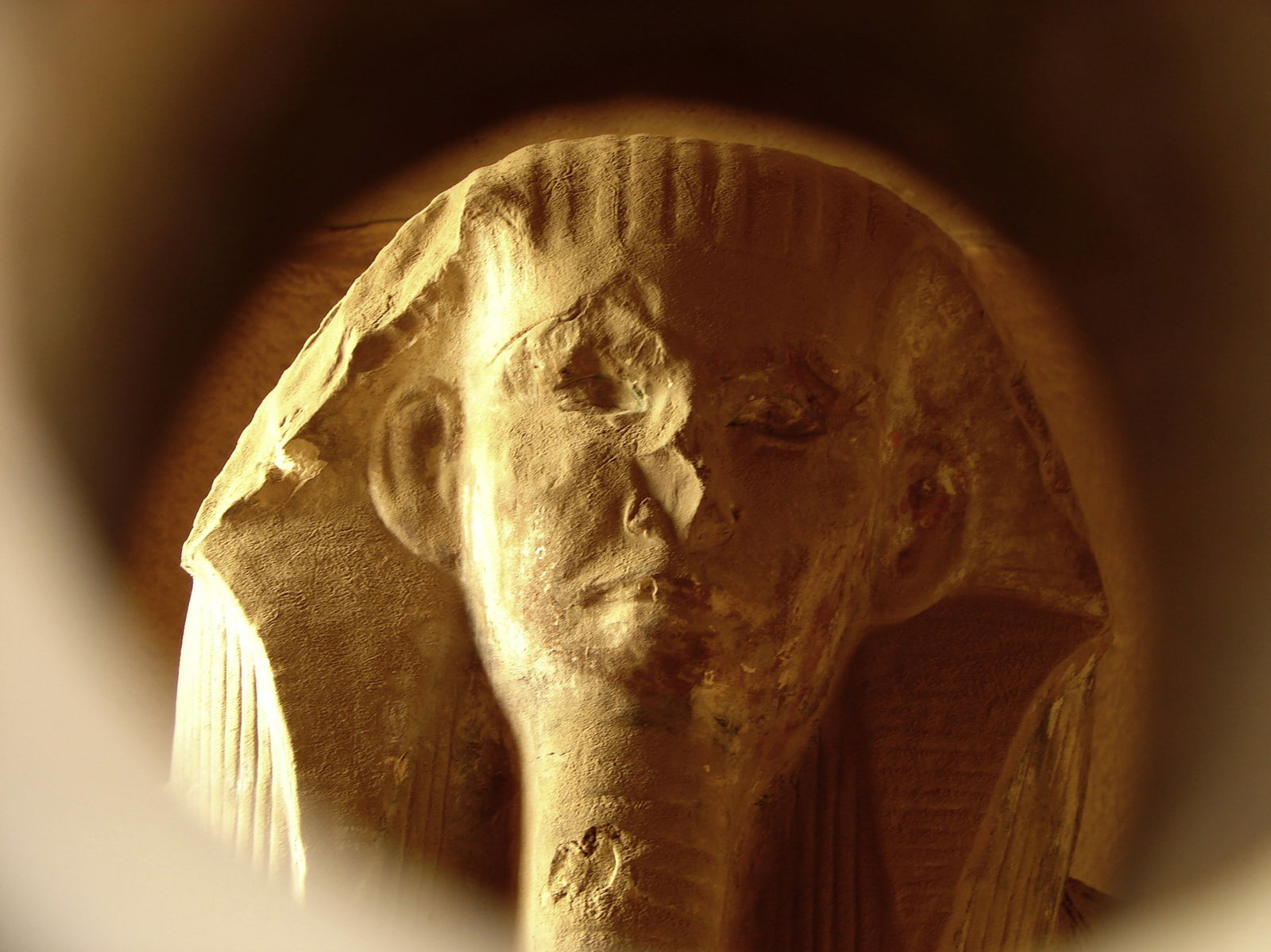


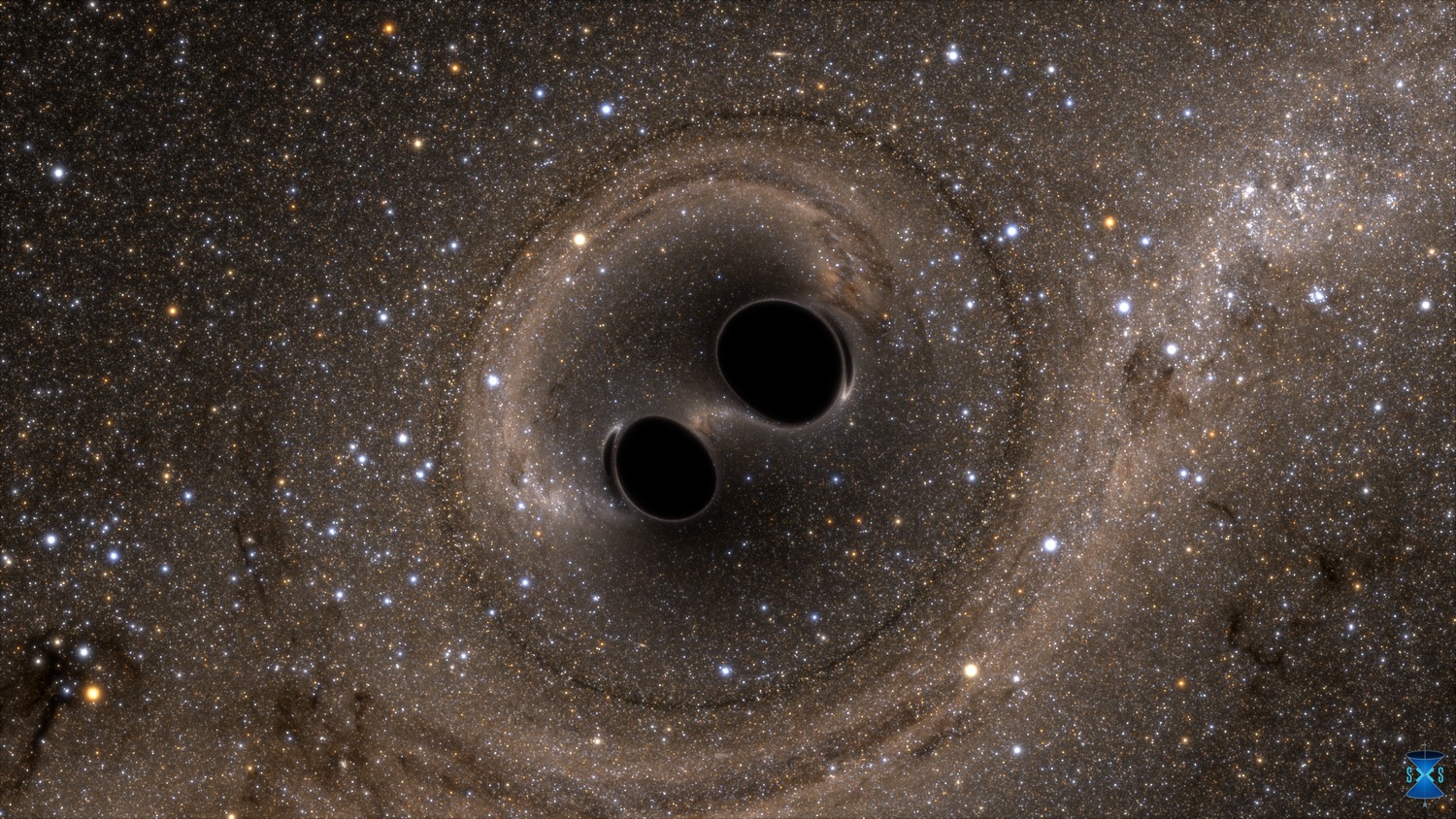
![The Italian Souls clone has been delayed, but is coming to multiple consoles [VIDEO]](https://thegeek.hu/wp-content/uploads/sites/2/2024/05/thegeek-Enotria-The-Last-Song-1.jpg)



